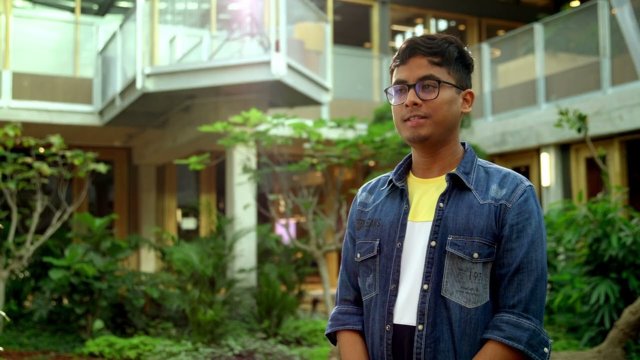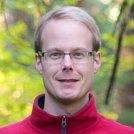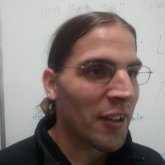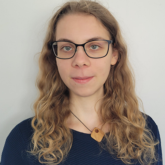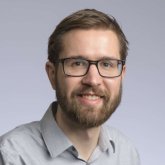PhD Candidate in Trustworthy Analysis of Stochastic Timed Systems
Probabilistic and statistical model checking are model-based approaches to quantify the safety, reliability, and performance of critical systems such as storm surge barriers, satellite constellations, or smart grids. In turn, the performance and correctness of model checking algorithms are of utmost importance. We offer two Ph.D. positions on the topic of advancing the trustworthiness and applicability of quantitative model checking: by developing new scalable algorithms, constructing machine-checked correctness proofs, and deriving high-performance tools. The positions offer unique opportunities to perform research at the intersection of computer science and mathematics – algorithms, formal methods, probability theory, and statistics!
Applications will be evaluated on a monthly basis. The vacancy may be closed early once the positions are filled.
We offer two Ph.D. positions within the TruSTy project on “Trustworthy Analysis of Stochastic Timed Systems” funded by NWO, the Dutch Research Council. The project’s goal is to create new highly-reliable approaches – languages, algorithms, and tools – for the modelling and analysis of complex systems subject to uncertainty. The project’s mathematical foundations are extensions of continuous-time Markov chains and Markov decision processes. Its approach is the development of sound, fast, and provably correct algorithms with the assistance of interactive theorem provers.
As Ph.D. student on TruSTy, you will develop new approaches for sound probabilistic model checking (typically based on numeric fixpoint algorithms and implemented via floating-point arithmetic with carefully managed rounding) or statistical model checking (exploiting and extending the decades of research in statistics for application in our domain). You will carefully balance algorithm performance and scalability with numeric accuracy requirements. To prove the correctness of your algorithms, you can use the Isabelle interactive theorem prover; with the Isabelle Refinement Framework, you can turn your proofs into high-performance and correct-by-construction executable LLVM bytecode. The results of your research will be integrated into the Modest Toolset, a comprehensive suite of quantitative verification tools developed and maintained by the TruSTy team since 2008.
Your work will be guided and supervised by senior researchers that are experts in probabilistic and statistical model checking (Arnd Hartmanns) and interactive theorem proving (Peter Lammich). You will have the opportunity to work together
- with your fellow TruSTy Ph.D. candidate
- with local Ph.D. students and postdocs on related projects (who, for example, will apply your work to improve the reliability of critical water infrastructures such as storm surge barriers)
- with Ph.D. students and researchers in the Dutch IPA research school, and
- in an international community of formal methods researchers with the possibility for stays abroad at our partner institutes in Germany, Argentina, China, and other countries.
Information and application
Are you interested in this position? Please send your application via the 'Apply now' button below, and include:
- A brief cover letter (1 page A4) that explains your motivation to apply for a Ph.D. trajectory in general as well as for this specific position, and your prior experience with verification, model checking, or interactive theorem proving.
- A Curriculum Vitae.
- A transcript of all courses attended and grades obtained (on the Bachelor’s and Master’s level or equivalent), and, if applicable, a list of publications.
- A PDF version of your Master’s thesis or comparable work of your own.
- The names, affiliations, and email addresses of 2 academic references who can be contacted for additional information about you. Do not include recommendation letters: We will contact your references ourselves if needed.
Applications will be evaluated on a monthly basis. The vacancy may be closed early once the positions are filled.
About the department
The Formal Methods and Tools group is part of the Computer Science department of the University of Twente. Our mission is to develop mathematical methods, high-performance data structures and algorithms, and suitable programming languages for the design of reliable software- and data-intensive control systems.
The group consists of approximately 40 researchers with a very diverse background. We have an open and inclusive atmosphere, with many group activities (both work-related and fun).
About the organisation
The faculty of Electrical Engineering, Mathematics and Computer Science (EEMCS) uses mathematics, electronics and computer technology to contribute to the development of Information and Communication Technology (ICT). With ICT present in almost every device and product we use nowadays, we embrace our role as contributors to a broad range of societal activities and as pioneers of tomorrow's digital society. As part of a people-first tech university that aims to shape society, individuals and connections, our faculty works together intensively with industrial partners and researchers in the Netherlands and abroad, and conducts extensive research for external commissioning parties and funders. Our research has a high profile both in the Netherlands and internationally. It has been accommodated in three multidisciplinary UT research institutes: Mesa+ Institute, TechMed Centre and Digital Society Institute.


